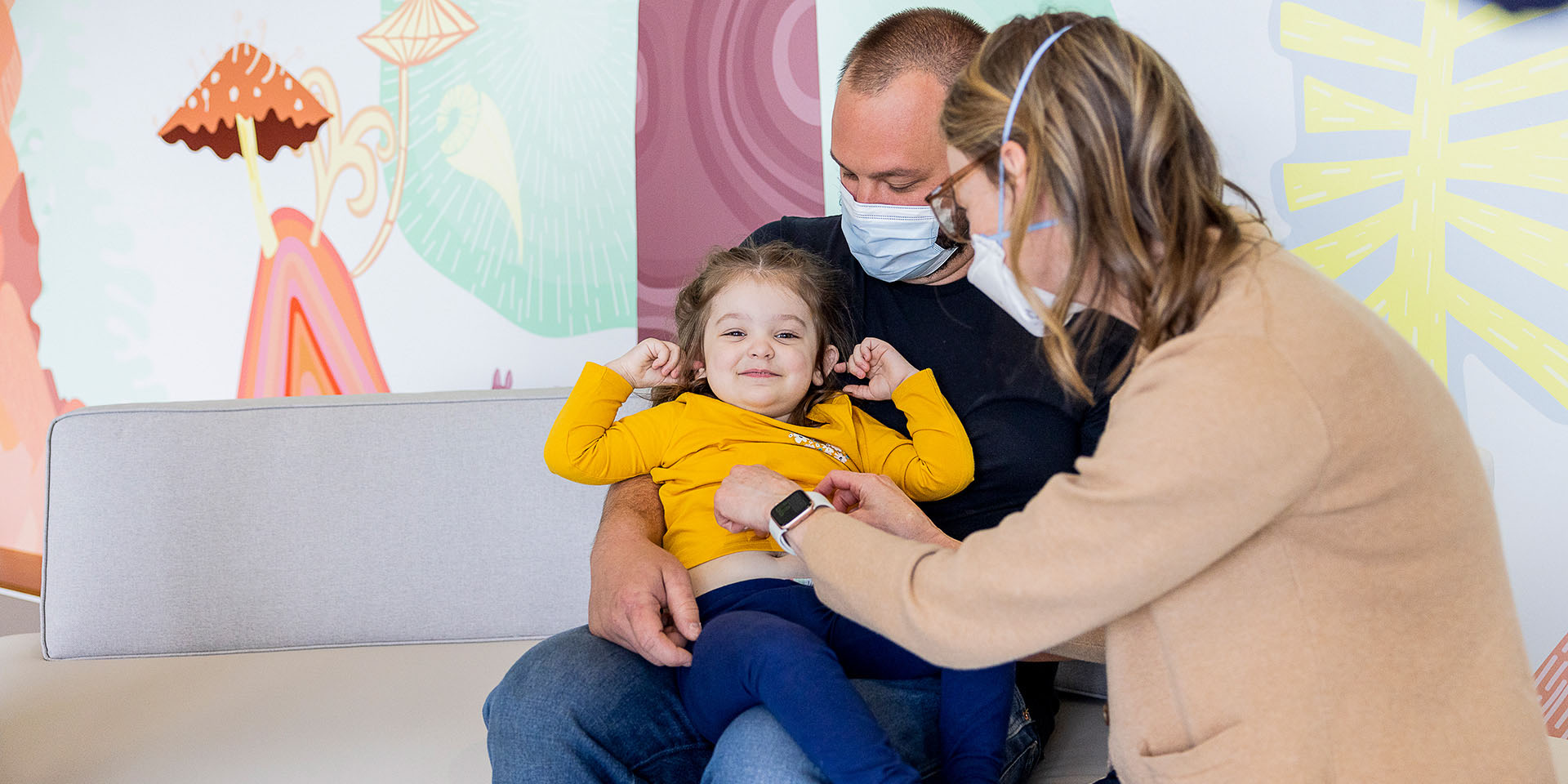
Immunotherapy Program
Contact the Immunotherapy Program
A World Leader in CAR T-cell Therapy
Seattle Children’s is an international leader in treatment and research focused on curing childhood cancer by boosting the immune system with immunotherapy. Experts in our Immunotherapy Program work to improve outcomes for young people and reduce side effects by harnessing the power of the immune system to recognize and destroy disease.
Our Cancer and Blood Disorders Center offers state-of-the-art therapies and investigational clinical trials often not available at other hospitals, including chimeric antigen receptor T-cell therapy, also known as CAR T-cell therapy.
What is CAR T-cell therapy?
CAR T-cell therapy is a promising new treatment for some childhood cancers. It works by educating the body’s own T cells, a type of white blood cell, to seek out and destroy cancer cells wherever they are hiding in the body.
How does the CAR T-cell therapy process work?
Here are the 5 steps in the CAR T-cell process:
- We do a procedure called apheresis. In this procedure, a machine is used to isolate T cells from your child’s blood. This takes a few hours.
- Our lab staff removes the T cells, purifies them and re-educates them. In this case, “re-educate” means to change the T cells by adding recombinant DNA (genetically modify them) to recognize and destroy cancer. Then, the newly re-educated T cells multiply into millions of new cells.
- The changed T cells are put back into your child’s body through an intravenous (IV) infusion.
- The hope is that the changed cells will go to work right away, finding and destroying the cancer cells in your child’s body. The T cells make a place on their surface (a receptor) that acts like Velcro. This receptor allows the T cells to recognize and bind to a target on the cancer cells. When they bind, the T cells can attack the cancer cells as if they were fighting an infection.
- Our care team monitors your child closely and is specially trained to identify and manage any side effects. Complications are generally temporary and resolve with treatment. Possible side effects that may be mild or severe include cytokine release syndrome, an inflammatory condition with flu-like symptoms such as high fever and/or chills, and neurological difficulties such as confusion, difficulty with language or stupor.
Learn how immunotherapy research at Seattle Children's is paving the way to become the next great advancement in cancer treatment:
FDA-approved CAR T-cell therapy
Seattle Children’s is now offering CAR T-cell therapy for eligible patients up to the age of 25 with B-cell acute lymphoblastic leukemia that has not responded to or has returned after initial treatment. This CAR T-cell therapy, known as KYMRIAH™, was approved by the U.S. Food and Drug Administration in 2017. It works by genetically altering the body's T-cells — immune system cells — to detect and destroy infected or cancerous cells.
CAR T-cell immunotherapy clinical trials for cancer and other childhood conditions
Seattle Children’s offers investigational CAR T-cell clinical trials for more types of childhood cancers including leukemia, lymphoma, brain and spinal cord tumors, and solid tumors than anywhere else. We were one of the first in the world to offer CAR T-cell trials for children with diffuse intrinsic pontine gliomas (DIPG).
Seattle Children's Therapeutics, part of Seattle Children’s Research Division, has developed 17 CAR T-cell clinical trials for childhood cancer and other conditions since 2012. CAR T-cell products used in our trials are made onsite at our own state-of-the-art Therapeutics Cell Manufacturing facility. This means we can deliver treatments quickly to patients.
More than 500 children, teens and young adults have received investigational CAR T-cell therapy through clinical trials at Seattle Children’s and at our collaborating sites.
Our clinical trials focus on:
Leukemia and lymphoma
Seattle Children’s doctors and researchers are leading efforts to better treat leukemia and lymphoma in children and young adults by using CAR T-cell therapy, an experimental cancer treatment that stimulates the immune system to fight disease. These trials are known as Pediatric Leukemia Adoptive Therapy (PLAT).
Brain and spinal cord tumors
Doctors and researchers at Seattle Children’s are testing CAR T-cell therapy in children and young adults with recurrent or refractory central nervous system (CNS) tumors (tumors of the brain and spine). These tumors include diffuse intrinsic pontine glioma (DIPG) and diffuse midline glioma (DMG). These trials are known as BrainChild.
More about clinical trials for tumors
Solid tumors
Doctors and researchers at Seattle Children’s are testing CAR T-cell therapy in children and young adults with relapsed or refractory solid tumors such as sarcomas, kidney tumors and neuroblastoma. These trials are called STRIvE and ENLIGHTen.
Additional clinical trials
Additional immunotherapy clinical trials include:
- NMDP CD33 CAR: This is a collaboration with the National Marrow Donor Program studying a CD33-targeting CAR T cell in pediatric patients with relapsed and/or refractory AML.
- REACT-01: The Reversing Autoimmunity Through Cell Therapy clinical trial aims to test whether CAR T cells targeting a B cell marker CD19 are feasible and safe to use in children and young adults with treatment-resistant systemic lupus erythematosus.
“Harper would not be here right now if it wasn’t for everybody at Seattle Children’s. From day one, they’ve been comforting and compassionate. They bend over backwards to keep families involved and helped us fight for our child.”
— Meagan Hollingshead
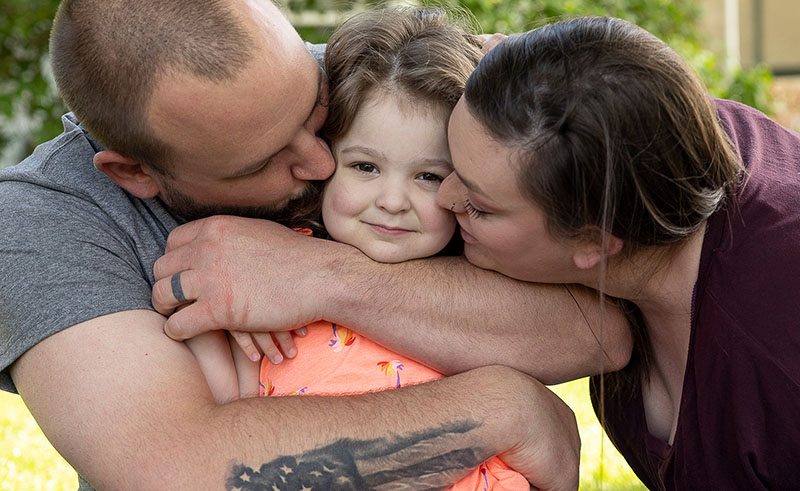
Meet Your Team
Your child will receive care from a team that specializes in using immunotherapies to treat children, teens and young adults (up to age 30 for some cancers).
Your child’s healthcare team includes experts from many specialties. Seattle Children’s has 24/7 coverage from doctors who specialize in oncology and CAR T cells. Few children’s hospitals offer this level of around-the-clock subspecialty care. We support your child and family through all aspects of this journey – from keeping up with school during treatment to getting follow-up care as your child becomes an adult.
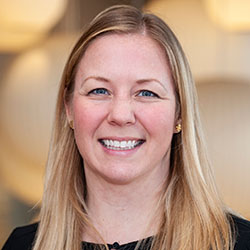
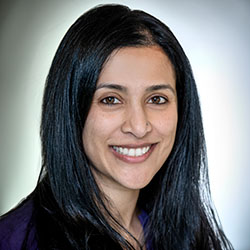
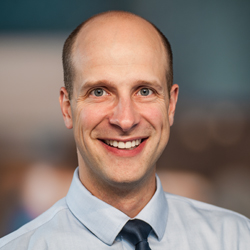
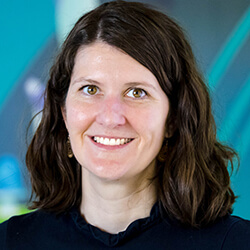
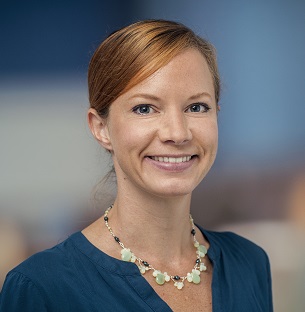
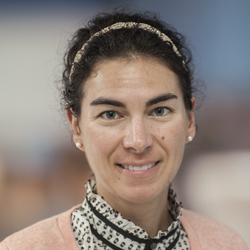
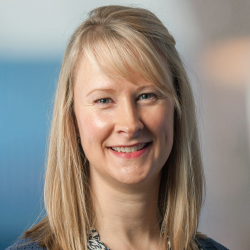
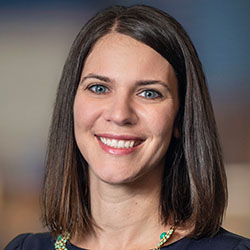
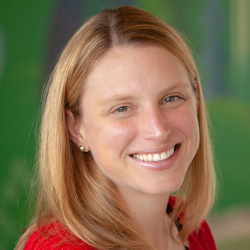
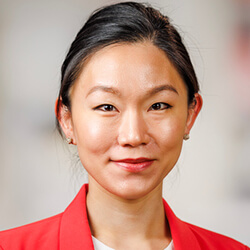
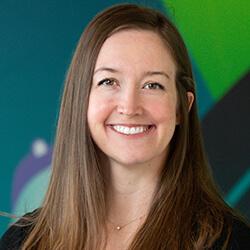
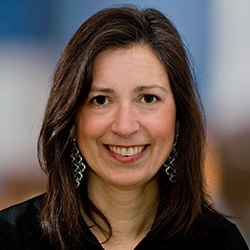
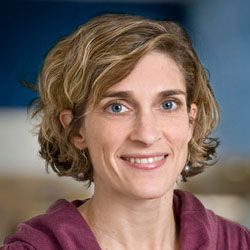
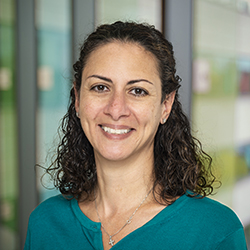
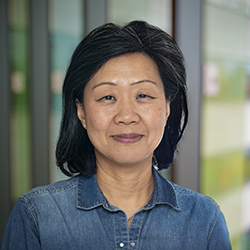
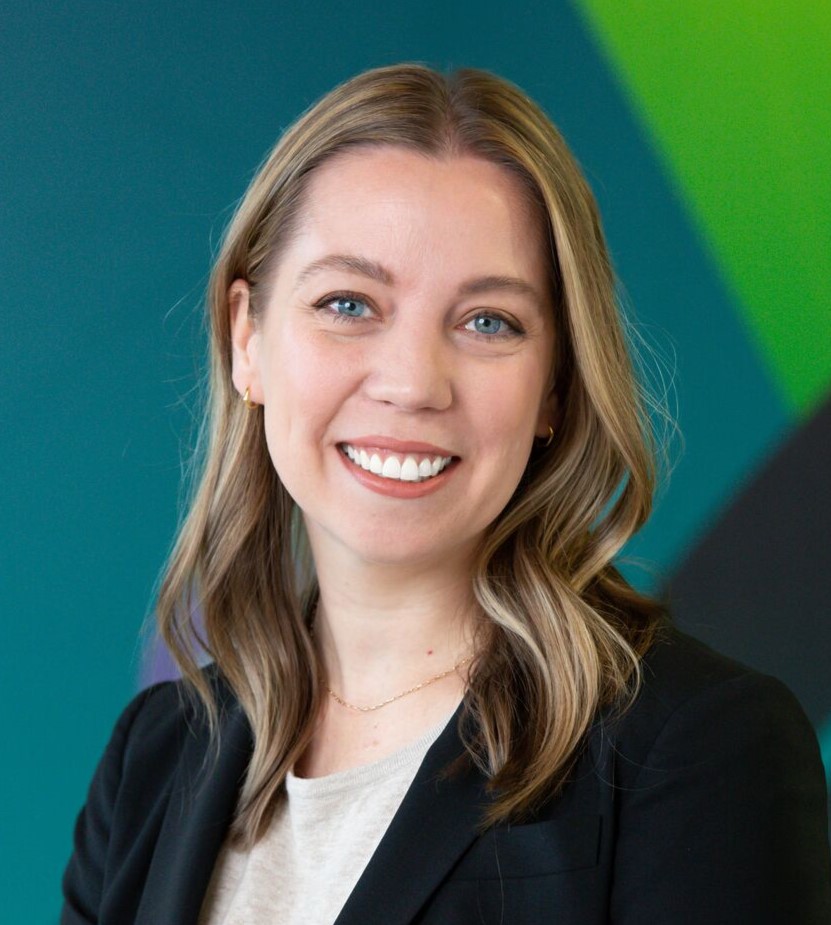
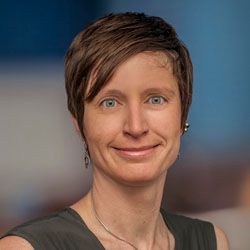
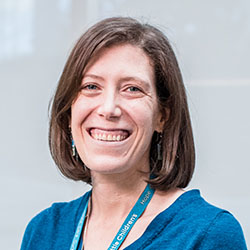
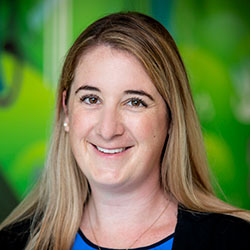
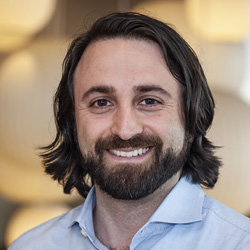
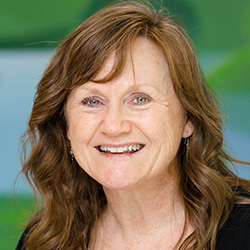
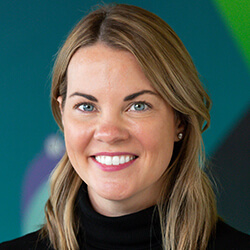
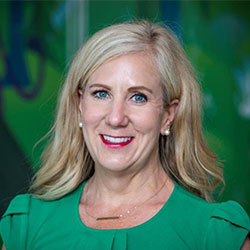
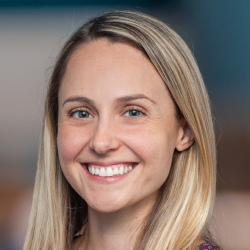
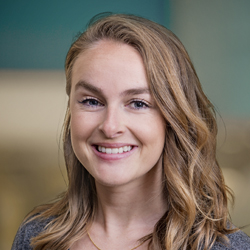
Social workers
Zach Reinke, Immunotherapy
Back to Top